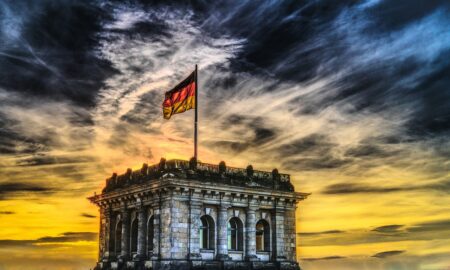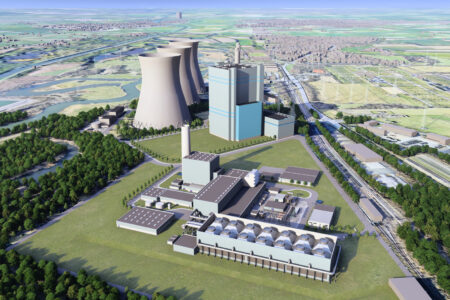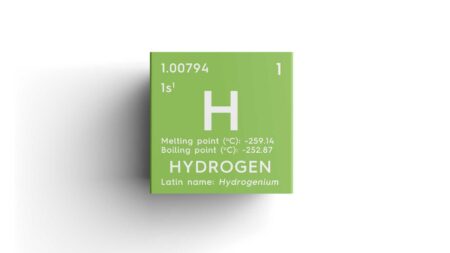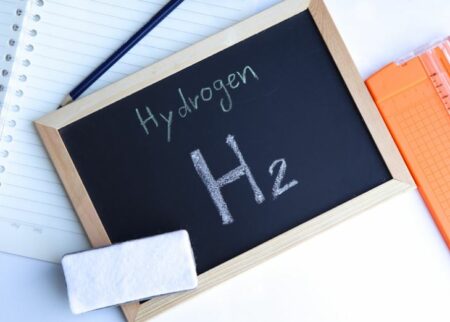Infener has made a significant investment in Villingen-Schwenningen, Germany.
Browsing: Germany
Germany’s energy sector is poised for a transformation, as announced by Uniper’s Vice President Michael Hilmer during the 29th Baku Energy Forum.
RWE is gearing up to pioneer the transition towards greener energy solutions by planning hydrogen-ready gas-fired power plants in Germany.
The Franco-German parliamentary assembly’s efforts to revive energy cooperation between two European powerhouses signal a potential shift towards collaborative strategies in the hydrogen and geothermal sectors.
Italy, Germany, and Austria are poised to accelerate the development of a multi-billion euro southern pipeline to supply hydrogen to central Europe.
The UK-Germany Hydrogen Partnership represents a significant step forward in both countries’ efforts to establish a robust hydrogen economy. The collaboration aims to accelerate the deployment of hydrogen projects, foster international leadership in hydrogen markets, and promote trade and investment along the entire hydrogen value chain.
Germany has set an ambitious target to install around 20 gigawatts (GW) of electrolysis power by 2030, aiming to lead in the global hydrogen economy. However, a recent analysis by BBH Consulting Group, drawing on data from the International Energy Agency, reveals a significant gap between goals and current progress.
Germany, like many nations, faces the challenge of decarbonizing its freight transport sector. Milence, a joint venture by leading truck manufacturers, has recently announced the construction of two e-truck charging parks in Germany.
Germany’s National Hydrogen Council has significantly revised its forecast for hydrogen demand, projecting a substantial increase across all economic sectors by 2030.
The National Hydrogen Council (NWR), a pivotal advisory body guiding Germany’s hydrogen strategy, has significantly revised its projections for future…











